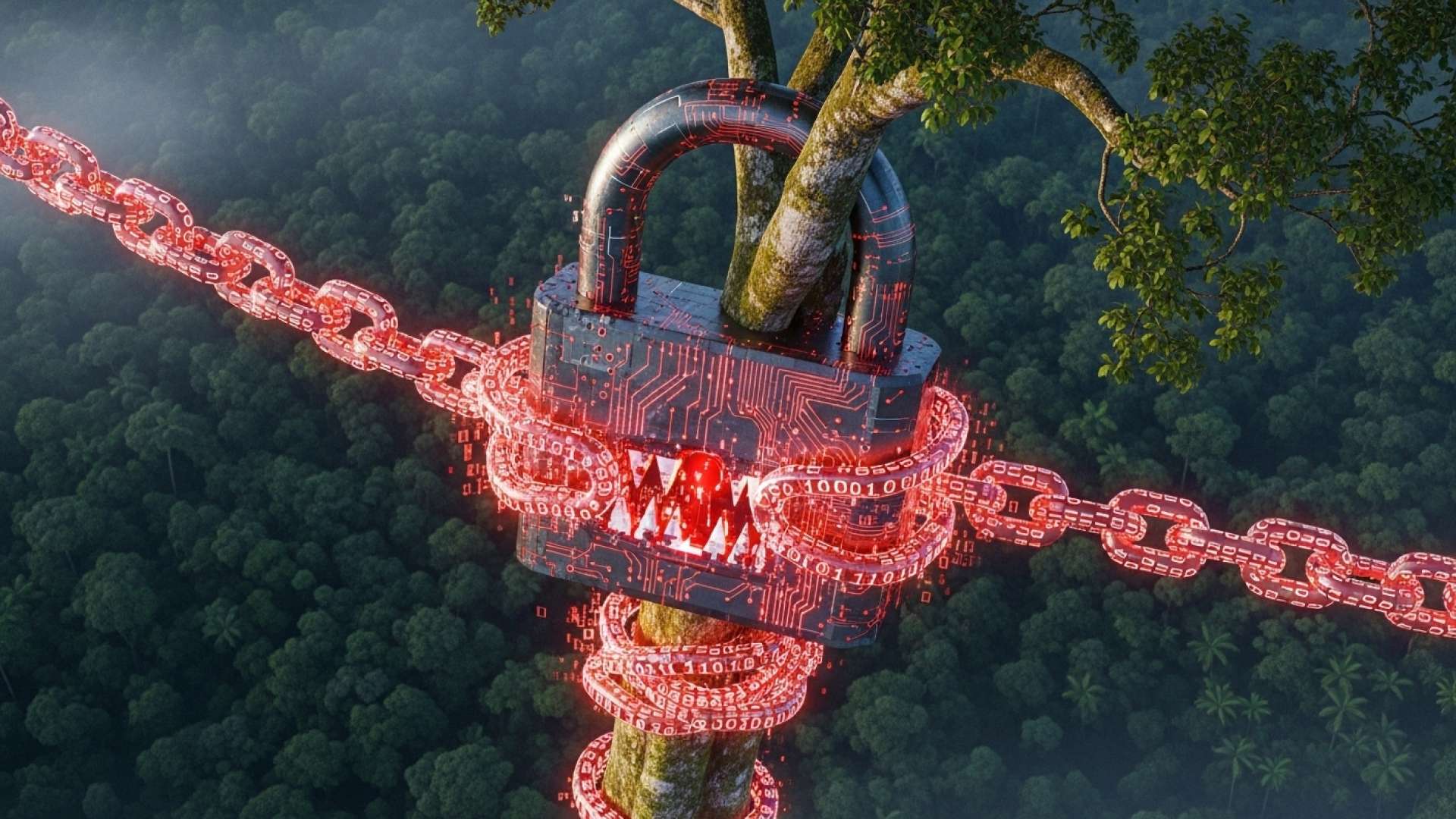San José, Costa Rica — A sobering new analysis has positioned Costa Rica among the top four nations most vulnerable to cybercrime globally, revealing a critical need for enhanced security measures across both public and private sectors. According to the “Cybercrime Report 2025,” the country’s high level of digital exposure, combined with an insufficient technological framework and limited response capabilities, has created a fertile ground for malicious digital actors.
The scale of the threat is staggering. In the first six months of this year alone, Costa Rica was subjected to an estimated 29 million attempted cyberattacks. This relentless barrage highlights the persistent and automated nature of modern digital threats, where national systems are constantly being probed for weaknesses. These attacks are not abstract numbers; they represent tangible risks to national infrastructure, corporate stability, and personal data privacy.
To delve into the complex legal and business ramifications of Costa Rica’s evolving cybersecurity challenges, TicosLand.com consulted with Lic. Larry Hans Arroyo Vargas, a leading expert and attorney at the prestigious law firm, Bufete de Costa Rica.
The recent surge in cyberattacks is a stark reminder that digital security is no longer just an IT issue; it’s a critical component of corporate governance and national security. In Costa Rica, companies must move beyond mere compliance with data protection laws and proactively implement robust cybersecurity frameworks. This isn’t just about preventing financial loss; it’s about safeguarding client trust and maintaining operational integrity, which are legally defensible assets in the face of litigation and regulatory scrutiny.
Lic. Larry Hans Arroyo Vargas, Attorney at Law, Bufete de Costa Rica
This legal perspective powerfully underscores the shift of cybersecurity from an IT department concern to a C-suite imperative, essential for protecting the very trust and operational integrity an organization is built upon. We thank Lic. Larry Hans Arroyo Vargas for his invaluable insight on this critical matter.
High-profile incidents, particularly within the public sector, have laid bare significant structural vulnerabilities in key government entities. These breaches have served as a harsh wake-up call, prompting urgent reforms aimed at improving data governance protocols, establishing continuous security monitoring, and fostering greater inter-institutional cooperation to present a more unified defense against a common and pervasive enemy.
The threats facing the nation are diverse and sophisticated. Ransomware and digital extortion campaigns continue to paralyze operations for organizations of all sizes, encrypting critical data and demanding hefty payments for its release. Simultaneously, phishing attacks remain a potent threat, exploiting human psychology through social engineering to trick employees into divulging sensitive credentials or deploying malware.
Beyond these common attack vectors, Costa Rica’s digital infrastructure is also threatened by more technical vulnerabilities. Security experts point to the growing risk posed by poorly configured cloud environments, which can inadvertently expose massive amounts of data. Furthermore, the proliferation of insecure Internet of Things (IoT) devices, such as office cameras and routers, creates countless new entry points for attackers to infiltrate corporate and government networks.
Compounding these technological challenges is a critical human resource issue: a pronounced shortage of specialized cybersecurity talent. This scarcity represents one of the most significant obstacles to mounting an effective national defense, as there are not enough trained professionals to fill essential roles in monitoring, incident response, and strategic security planning. This talent gap leaves many organizations unable to keep pace with the evolving threat landscape.
In response to this alarming situation, global advisory firm WTW is urging Costa Rican businesses to adopt a comprehensive, multi-layered strategy that combines proactive prevention with robust financial backing. This approach requires not only investment in advanced security technologies and processes but also a deep commitment to employee training to create a security-conscious culture. However, even with the best defenses, some risk always remains.
To address this “residual risk,” experts stress that specialized cyber insurance is no longer an optional luxury but a core component of modern business strategy. These policies are designed to cover the significant financial fallout from a breach, including costs from litigation, regulatory fines, third-party liability, extortion payments, business interruption losses, and the expensive process of data recovery and system restoration.
Costa Rica is no longer a sporadic target: it is among the most exposed in the region. Therefore, for any company, having specialized coverage is no longer a luxury, but a strategic necessity to protect business continuity.
Ana Milena Barreto, Head of Finex Retail for Central America at WTW
For further information, visit wtwco.com
About WTW:
WTW (Willis Towers Watson) is a leading global advisory, broking, and solutions company that helps clients around the world turn risk into a path for growth. With roots dating to 1828, WTW has 45,000 employees serving more than 140 countries and markets. The company designs and delivers solutions that manage risk, optimize benefits, cultivate talent, and expand the power of capital to protect and strengthen institutions and individuals.
For further information, visit bufetedecostarica.com
About Bufete de Costa Rica:
Grounded in an unwavering dedication to integrity and legal excellence, Bufete de Costa Rica stands as a pillar of the nation’s legal community. The firm leverages its extensive history of advising a diverse clientele to pioneer forward-thinking solutions for contemporary legal challenges. A core tenet of its mission is the empowerment of the public through knowledge, actively working to demystify the law and foster a citizenry that is both well-informed and capable of exercising its rights.









